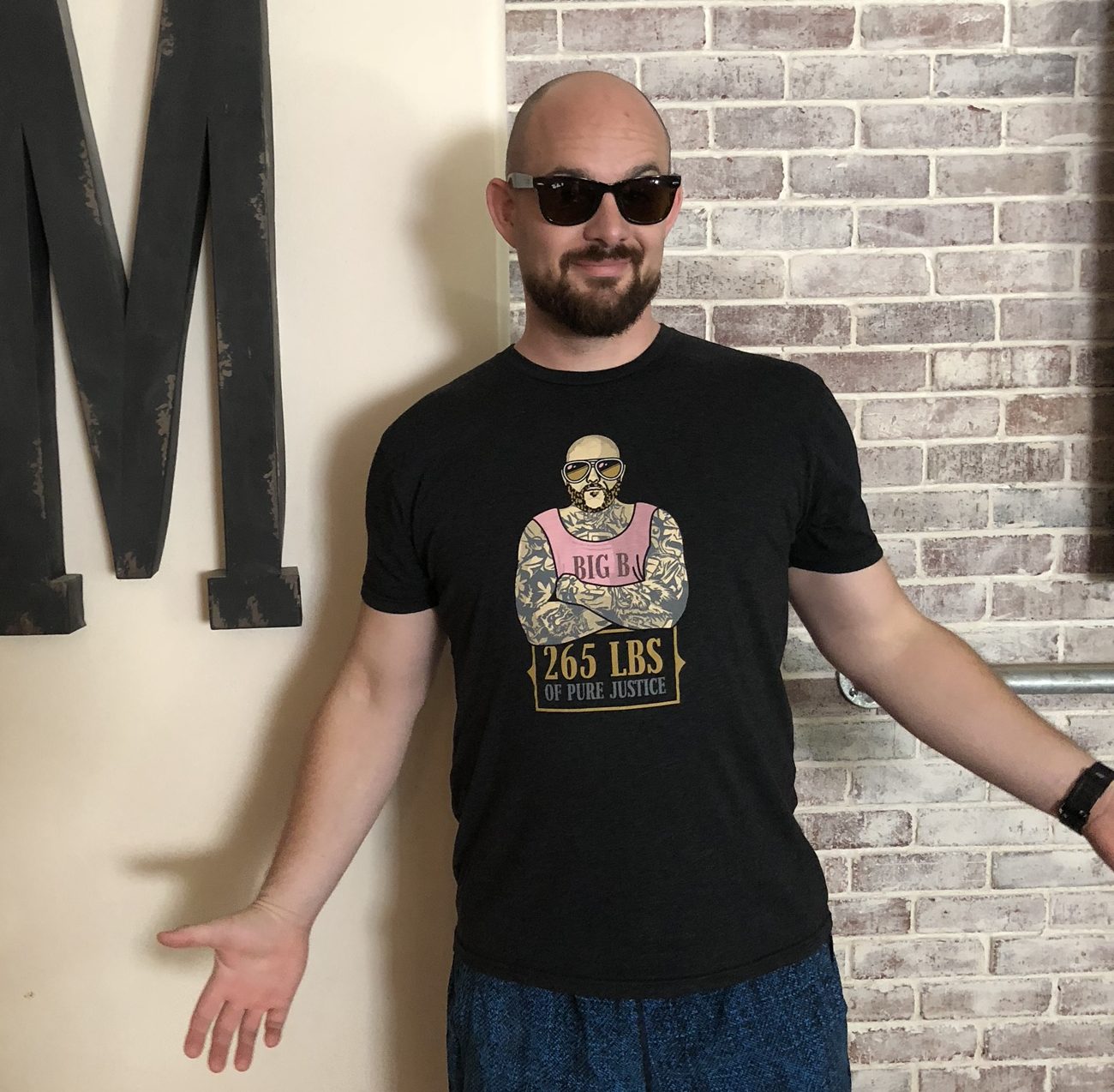Violent acts of any kind are ugly and scary. What makes gun violence particularly repugnant is the speed and frequency at which it can occur to any of us at any moment.
Emotions flow at high speed in our connected world, and the outcry of pain is more visible than ever. People react with statements of frustration, anger, and sadness. Demand for answers filters to the top of our social feeds.
How do we prevent gun violence?
Currently, there is no great answer to this question because these events keep occurring. Frequently. Instinctively we look to a fragmented legal, political system which rarely yields the desired results.
The scientific method is designed to reciprocate answers to questions with evidence. It denotes that the solutions exist, but we must first ask the right questions.
Is gun violence a mental illness?
The study of the human body predates Christ, whereas the most critical studies of psychology and the human mind have occurred only recently in the 19th century. Illness a term used in human medicine is defined as a disease or period of sickness affecting the body or mind.
The reasons why a person pulls the trigger of a gun is a subject of human psychology. Classifying gun violence as mental illness may be important because it will bring patterns of human behavior into focus. Illness describes the poor quality of a person's mental health, which in the case of a shooter eventually result in fatal action.
Unlike the tangible properties of physical health, mental health manifests as a reflection of life choices. Although circumstances are not always predetermined, our choices direct our quality of life. Young people join the military for many reasons; one common purpose is to serve their fellow people. Young people join gangs out of fear for their life, knowing the wing of the group is better than opposing them. Both share a commonality that one day they may be faced with the choice to pull the trigger of a gun.
No matter the reason someone pulls the trigger of a gun, it is critical that we study and understand what led to that moment. Cataloging patterns case by case reveals common data which can prevent occurrences from repeating.
How can I help with preventing gun violence?
"Everything can be taken from a man but one thing: the last of the human freedoms—to choose one's attitude in any given set of circumstances, to choose one's own way." -Viktor E Frankl, Man's Search for Meaning
A perpetrator of violence seeks to consume life and spread fear. We can honor those affected by violence by choosing to love. If we live in the moment and choose to speak kinder to one another and serve others around us without expectation, this will spread love. If we utilize our time to call an old friend or seek forgiveness to those we've hurt, we spread love. If we take an hour to ourselves to reflect with no interruption, we give love back to ourselves. The choice to love is taken from those who are affected by violence. Spreading love is a small incremental choice we can all make today that can improve our quality of life and lift our community.
"Alexa, send a message to Mom - I love you."

Chase McLane is a content author and co-creator of CiviLOCK. Over the past two years, he has dedicated every spare moment available to finding solutions to help solve the American gun crisis. His highest aspiration is to enjoy the fruits life has to offer and help others find peace along the way. Chase describes himself as a husband, father and tenured mortgage loan originator in Gilbert Arizona.

